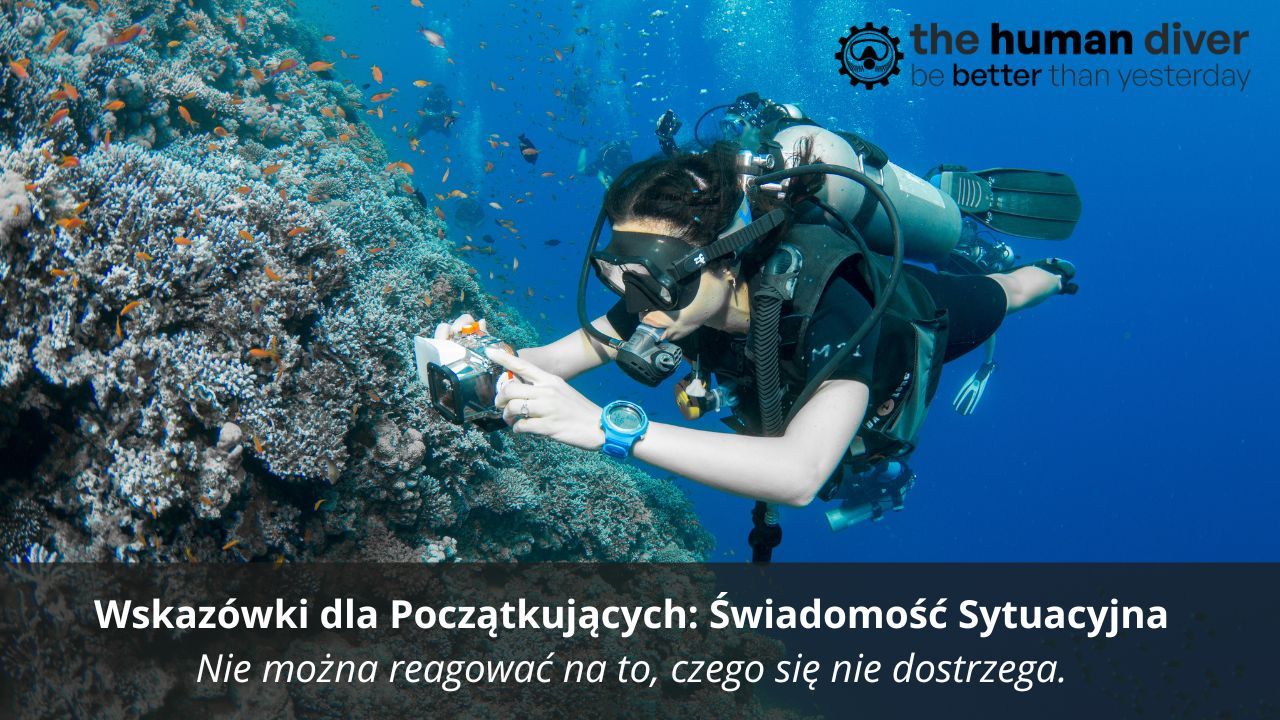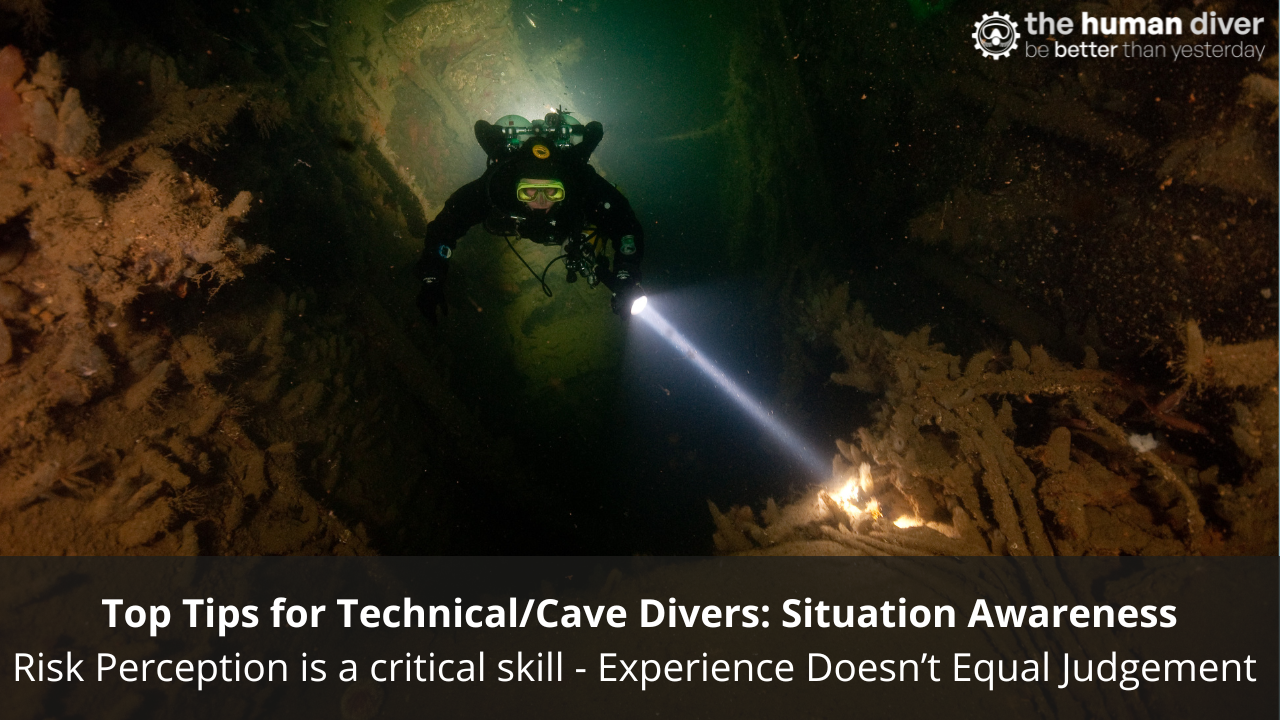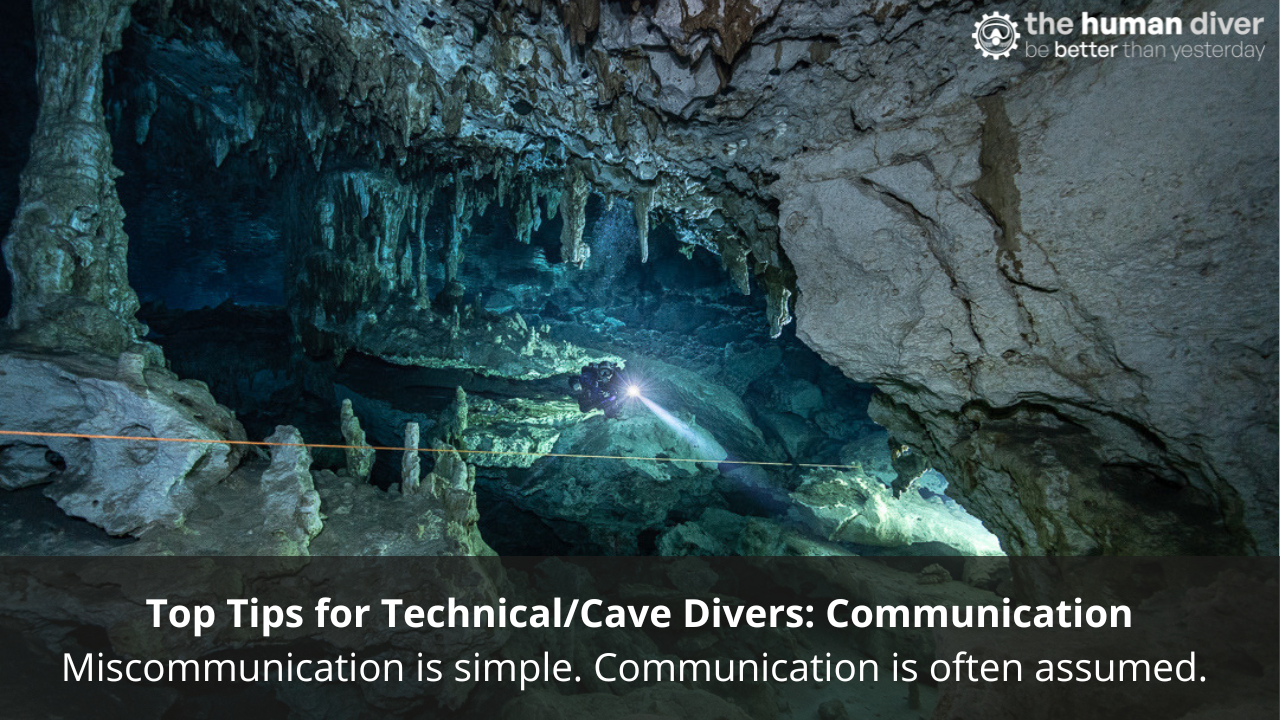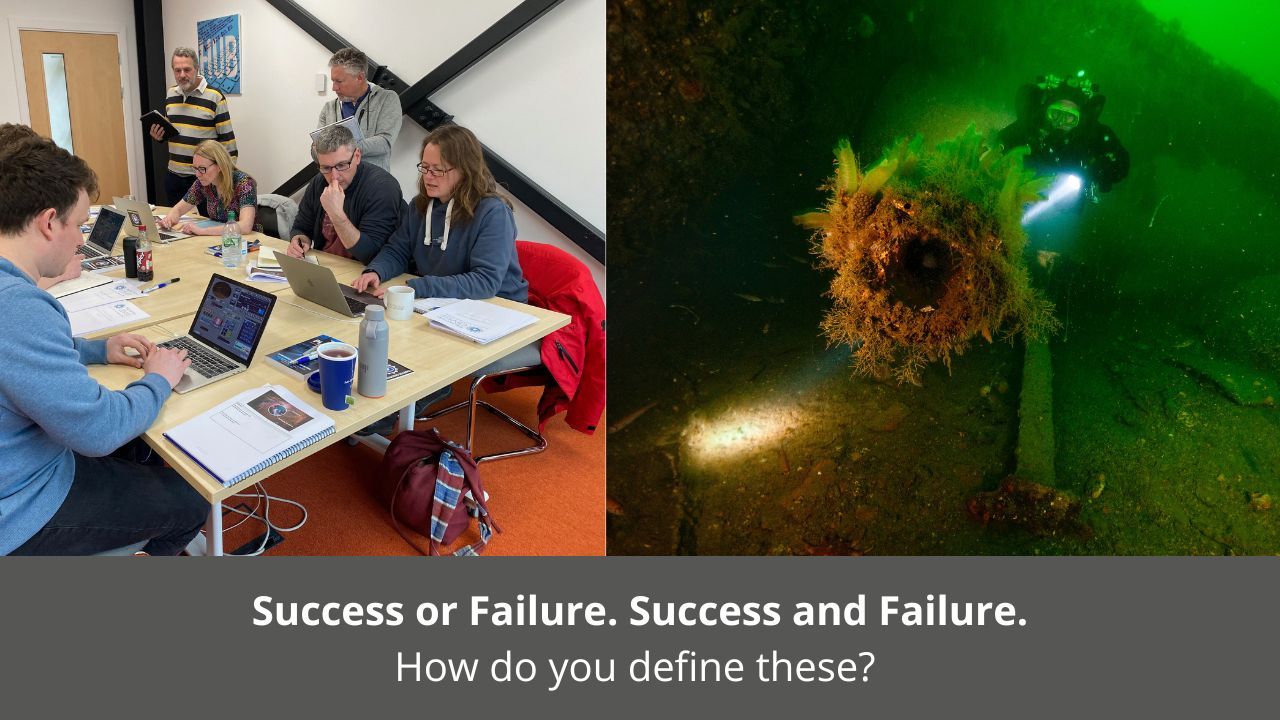
Success or Failure. Success and Failure. What do they mean?
Mar 12, 2023The problem with words like success, failure, good, bad, better, worse, safe, and unsafe, is that they rely on a context to derive meaning.
Over the last two weeks, I have been facilitating a two-week workshop to develop two more Human Diver instructors, Windal Adams and Andrzej Gornicki. This is the final two weeks of the 5-month/100+hr Instructor Development Programme and culminates in them leading a two-day class which has a mixture of theory and 5 interactive and dynamic simulations with up to 6 students in the class.
To make things more realistic, rather than use instructor candidates to ‘pretend’ to be students, I make sure we have 'live' students in the class. These students primarily come from diving backgrounds (sports, military, media or scientific diving), but sometimes we have safety professionals, IT consultants, engineering management, and others. Having mixed, newly-formed teams can pose challenges because the instructor has to facilitate the creation of a team quickly, and at the same time, the results are pretty impressive because psychological safety is created rapidly, and the team work effectively together to achieve the learning goals.
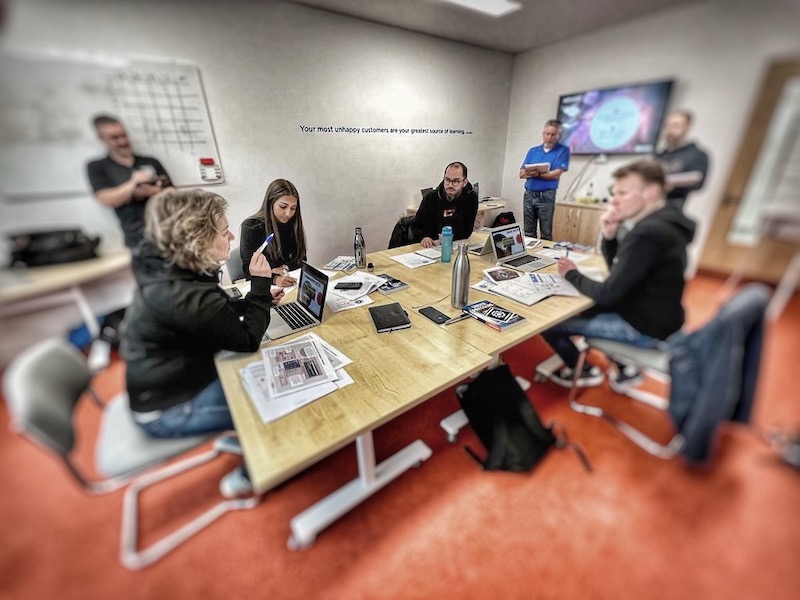
The tools we use have a competitive or result-orientated approach to generate another layer of stress, on top of the challenges that come from perceived time pressures, incomplete information, information floods, poor interface design, goal and task conflicts and lack of role clarity. Given the results dimension, a discussion about what is success and what is failure often comes up, and this week was no exception.
What does 'success' mean in a simulation where we are developing teams, understanding the need for role clarity, exercising clear communications, and recognising the impact of information flood and high workload on situation awareness? Is it about getting a high score (a measure of results-driven performance) or is it about working together as a team so errors/mistakes are reduced (non-technical skills) but having a lower overall score?
In the simulation, we have a way of measuring proxies for certain behaviours like results-orientated drive, effective communication, team collaboration and cognitive capacity. When certain behaviours fail, then negative scoring is applied which means the team members can see the impact of not effectively putting these non-technical skills into practice. The students then have to reflect during the debrief on the mission and then draw parallels with their own diving (or other operations) to ensure the learning is transferred from playing a computer simulation to the ‘real world’. You don’t have to have high-fidelity physical simulators to create learning in the non-technical skills domain.
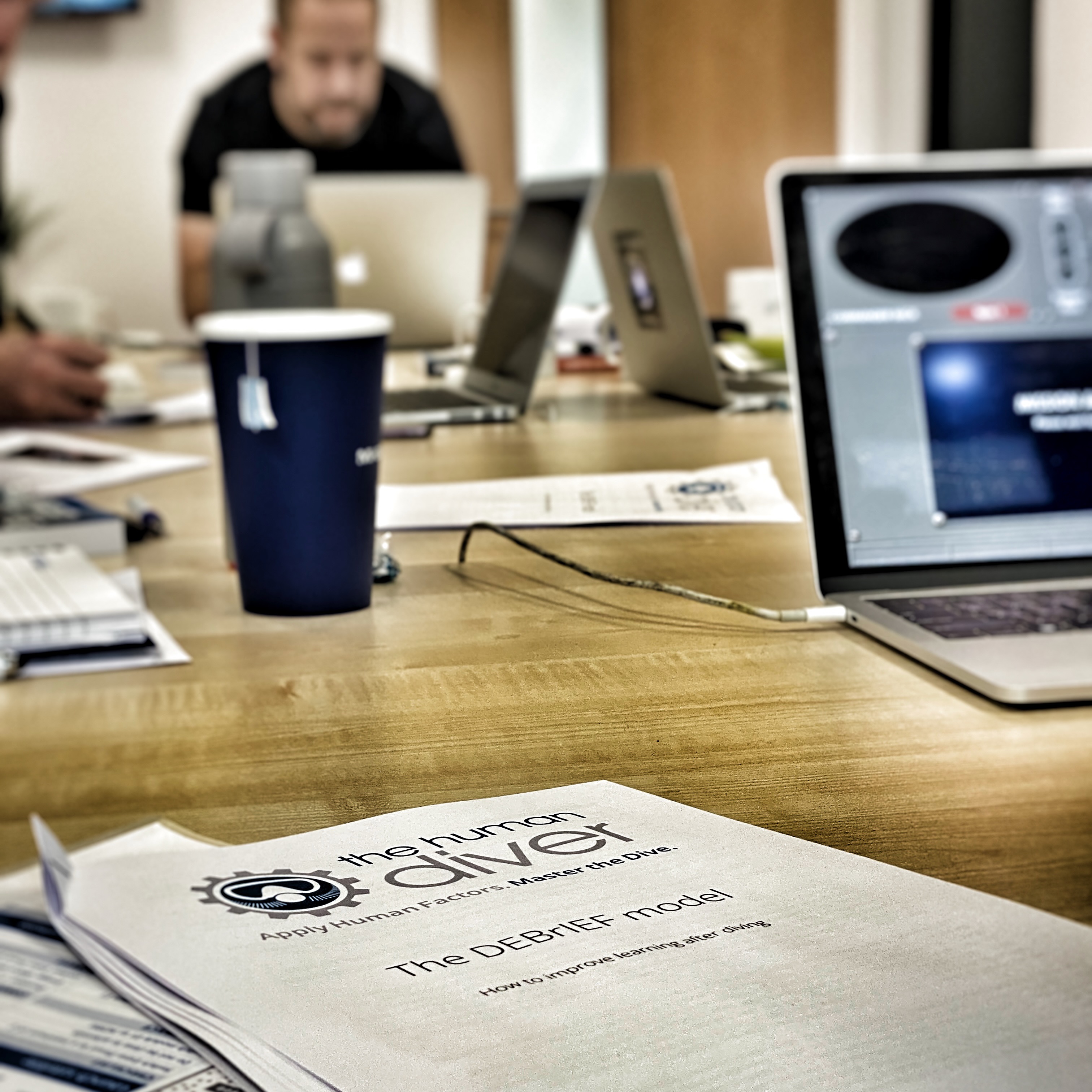
What everyone can see from the simulation during the debrief is that being successful isn’t just about getting it ‘right’, it is also heavily influenced by how much you get it ‘wrong’. ‘Right’ and ‘wrong’ are purposely put in inverted commas because they are normative terms – they require a standard to be judged against. In these simulations, we use the scores as a starting point for discussion to explore what happened in the simulation and how it made sense for those involved to do what they did, but we don’t compare across classes as a metric. Rather, we are looking to see what learning comes from the mission and the debrief. Low scores or not achieving goals (failure?) might lead to huge learning! The debrief (and observation of others) becomes a huge reflective mirror in which we can often see our own behaviours in others, so there is no hiding.
As an example, on the first week of the class, the three candidates and I operated as a crew of four. There wasn’t a defined leader, but I ended up leading for a number of reasons, not least I had used the software before, I was the ‘instructor trainer’ for the 2nd week, and I wanted to beat the score we’d had before, and finally, subconsciously, I probably felt that I couldn’t fail in front of the candidates I was teaching! As I knew how the software worked and what failures would come up, I pushed the speed up, managing the energy to the limits, which meant, as a team, we had very limited capacity to fail safely. If something had been introduced that took my attention away, it would have likely wiped out the benefits we had accrued. Goal-orientated leadership!

When the mission finished, I thought we had done well (outcome bias), until the trainer who was teaching the candidates how to use the software asked me how things were. I had no idea how close I was to the line of failure! The results (score) were good. However, the capacity to fail safely was almost non-existent. The debrief was really informative for me in terms of being conscious of my traits and what I can do differently next time! While there had been high levels of psychological safety at the start, during the final two minutes, there was some reticence to challenge what was going on from the other team members. They believed I had it right but didn’t feel they could ask a question! Mmm, challenger safety appeared to be missing!
Something else to consider, decisions made by one person in the team can have disastrous consequences for someone else further down the timeline... we make assumptions all the time, but we need to validate the critical ones if we are to fail safely.
Because the courses we run aren’t about being ‘good’ astronauts, they are about reflecting on our performance and transferring that to diving and improving that, so let’s take this topic back to diving.
- How often have you been part of a team where the leader is goal-orientated? Someone who knows how to play the system to get the most out of it. What did you do?
- How aware was your leader about the issues developing? I know I was task-loaded and didn’t look up at all to see how the team were faring.
- How much resilience or capacity to fail safely have you got in your operations? How do you know? Have you ever considered the instructor, DM or guide not being there (for whatever reason)? Maybe they’ve had a technical or medical issue?
- Have you validated your Emergency Action Plan? When was the last time you actually rescued someone from depth, towed them to the side/boat, got their kit off them and started using a Resusi-Annie to do CPR?
- How often do you run a critical, honest debrief which focuses on behaviours and not individuals? You seek to understand 'how it made sense' rather than 'why did it happen that way'. The latter, 'why', infers a judgement and asks someone to counter your position where 'the other way' was the 'right' way.
- How often do you (or your instructors) work to get a high number of certifications, but the performance of the student is a 'just pass'? What are the implications of this later on?
Being good isn't just about getting it right because, in high-consequence environments, it is also about not getting it wrong because the hazard can be much greater than the linked reward. Non-technical skills can have benefits in 'normal' environments, but their value shines when the proverbial hits the fan and you are time-limited and you have to work out what is going on, make and communicate the decisions, and ensure there is a shared mental model within the team, so everyone is pointing in the right direction.
Being safe is not just the absence of accidents or incidents, nor is it solely being compliant with the rules and standards that have been given to you, it is about understanding the context you are in, putting barriers and defences in place to drive the probability of the adverse event as close to zero as possible, and planning to and failing safely because we know that we are fallible. Failing safely also means validating the critical assumptions you’ve made during your planning and briefing!
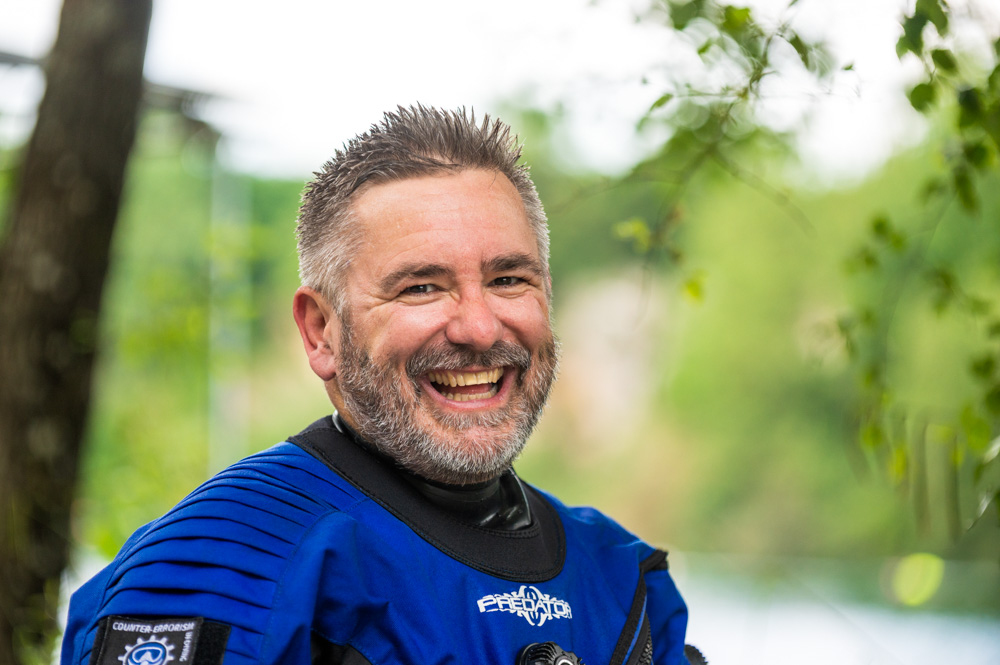
Gareth Lock is the owner of The Human Diver, a niche company focused on educating and developing divers, instructors and related teams to be high-performing. If you'd like to deepen your diving experience, consider taking the online introduction course which will change your attitude towards diving because safety is your perception, visit the website.
Want to learn more about this article or have questions? Contact us.




